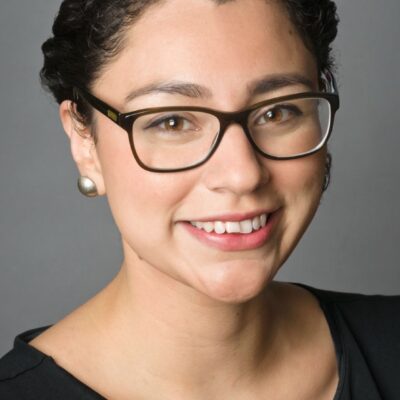Born in South Central Los Angeles, Katherine is the daughter of immigrants from Mexico and Honduras. Katherines mother, a refugee from El Salvador, and her father, an economic migrant, sacrificed to no end to provide her with an education. Their tireless work ethic inspires her commitment to advancing educational opportunities for others.
Growing up in a community rich in diversity yet marred by violence, Katherine learned to navigate contentious spaces with empathy and diplomacy. At UC Berkeley, she grew fascinated by shared experiences of resilience across cultures. Her experiences assisting refugees with asylum cases, mentoring at-risk youth, and empowering women of color to pursue academic excellence motivated her decision to coalesce her varied academic interests into the Interdisciplinary Studies Field.
Following graduation, Katherine served as an Operation HOPE fellow, where she led financial empowerment workshops for victims of domestic violence. At the National Head Start Association, Katherine lobbied the federal government to fund early childhood education for low-income families. She subsequently worked as an educational policy researcher for the Thurgood Marshall College Fund, a consortium that represents the nations public historically black colleges and universities.
As a George J. Mitchell Scholar, Katherine pursued an LLM in gender, conflict and human rights law at the Transitional Justice Institute at Ulster University. Recently, she was awarded the Paul and Daisy Soros Fellowships for New Americans, which enabled her to complete a masters at the Fletcher School of Law and Diplomacy. By integrating transitional justice approaches and development strategies, Katherine hopes to improve quality of life, social cohesion and civic engagement of people living in economically depressed areas throughout the world. At present, she will be working as the Director of Communications and Advocacy for the U.S. branch of Libraries Without Borders, a role that will allow her to promote access to books and libraries for students living in the poorest environments.
